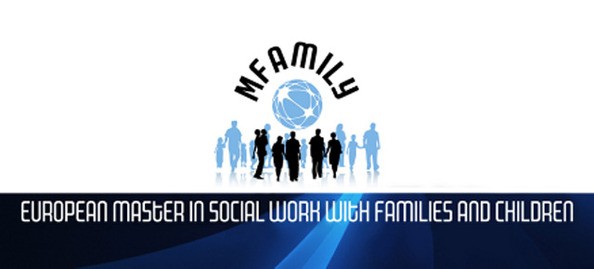Erasmus Mundus in Social Work with Families and Children, ECTS and grading scale.
Published
Updated on

ECTS
European Credit Transfer and Accumulation System (ECTS) is a standard for comparing the study attainment and performance of students of higher education across the European Union and other collaborating European countries.
ECTS credits indicate the workload required to complete a course. 60 credits represent the workload of one year of study (two semesters), whereas 30 credits represent one semester.
Grading scale
| Grade | Description | Evaluation criteria |
| A | Excellent | An excellent performance, clearly outstanding. The candidate demonstrates excellent judgement and a high degree of independent thinking. |
| B | Very good | A very good performance. The candidate demonstrates sound judgement and a very good degree of independent thinking. |
| C | Good | A good performance in most areas. The candidate demonstrates a reasonable degree of judgement and independent thinking in the most important areas. |
| D | Satisfactory | A satisfactory performance, but with significant shortcomings. The candidate demonstrates a limited degree of judgement and independent thinking. |
| E | Sufficient | A performance that meets the minimum criteria, but no more. The candidate demonstrates a very limited degree of judgement and independent thinking. |
| F | Fail | A performance that does not meet the minimum academic criteria. The candidate demonstrates an absence of both judgement and independent thinking. |